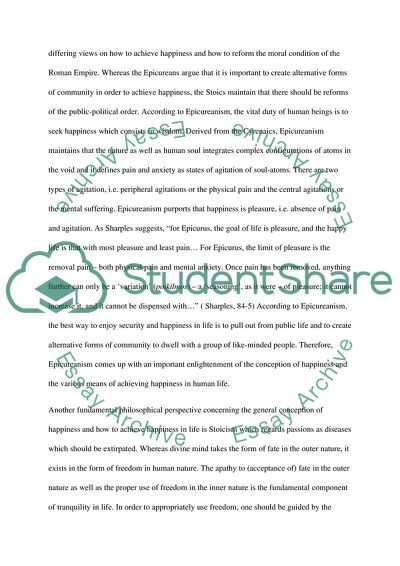Cite this document
(Philosophy: Moral vs Social Problems Case Study Example | Topics and Well Written Essays - 1250 words, n.d.)
Philosophy: Moral vs Social Problems Case Study Example | Topics and Well Written Essays - 1250 words. https://studentshare.org/philosophy/1743523-philosophy-moral-and-social-problems
Philosophy: Moral vs Social Problems Case Study Example | Topics and Well Written Essays - 1250 words. https://studentshare.org/philosophy/1743523-philosophy-moral-and-social-problems
(Philosophy: Moral Vs Social Problems Case Study Example | Topics and Well Written Essays - 1250 Words)
Philosophy: Moral Vs Social Problems Case Study Example | Topics and Well Written Essays - 1250 Words. https://studentshare.org/philosophy/1743523-philosophy-moral-and-social-problems.
Philosophy: Moral Vs Social Problems Case Study Example | Topics and Well Written Essays - 1250 Words. https://studentshare.org/philosophy/1743523-philosophy-moral-and-social-problems.
“Philosophy: Moral Vs Social Problems Case Study Example | Topics and Well Written Essays - 1250 Words”. https://studentshare.org/philosophy/1743523-philosophy-moral-and-social-problems.


